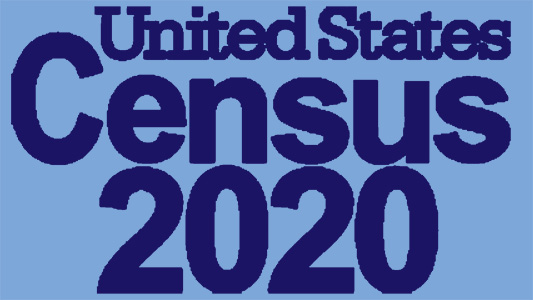 [Public Affairs Office of The Episcopal Church] In the United States, 2020 is a year for federal as well as state and local elections and, as the beginning of a new decade, the year for its decennial count of people living in the country. The Episcopal Church encourages U.S. Episcopalians to participate in both.
[Public Affairs Office of The Episcopal Church] In the United States, 2020 is a year for federal as well as state and local elections and, as the beginning of a new decade, the year for its decennial count of people living in the country. The Episcopal Church encourages U.S. Episcopalians to participate in both.
Taking part in the census and voting are both a right and a responsibility. They are also part of the Christian calling to love one another. Each person benefits—and suffers—from how their community functions, thus each person carries a responsibility to engage the processes and mechanisms that help them function.
Support the 2020 Census
As an official partner of the United States 2020 Census, The Episcopal Church and Episcopalians can help make the count as accurate as possible. The census is a self-portrait of the United States. The U.S. Constitution requires the federal government count everyone living in the country every 10 years. The tally must include people of all ages, races, and ethnic groups; all citizens and non-citizens. Every household should complete a census form by April 1, 2020.
The 2020 Census takes place March through July. This decennial count has a profound impact on the electoral system by determining how many Congressional seats are allocated to each state, as well as shaping how over 130 federal programs allocate funding and other resources to best serve the population.
Census data is also a factor in calculating funding levels for schools, infrastructure projects, and certain services delivered by state and local governments. A more accurate count means that the U.S. government can more effectively respond to the needs of communities.
As an official partner for the 2020 Census, The Episcopal Church is coordinating engagement with the Census Bureau across the United States. Research shows that a person is more likely to respond to the census if they hear about it from someone they trust, so individuals can help to promote filling out the census, paying particular attention to historically undercounted populations.
See The Episcopal Church Office of Government Relations census engagement toolkit for ideas of how to engage, including Complete Count Committees and educating others on the importance of the census. An additional resource is this flyer from the Episcopal Public Policy Network of California.
